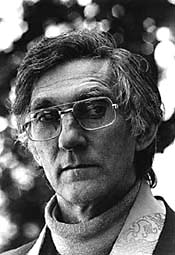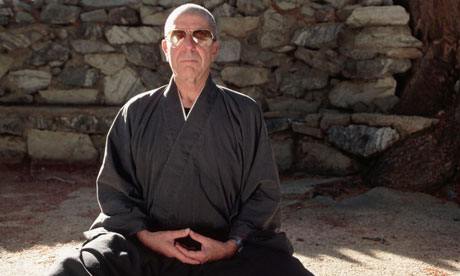
The subject of the “cultural appropriation” of Eastern forms of Buddhism by Western Buddhists crops up every now and then and in fact there is an excellent article by Funie Hsu in this quarter’s edition of Buddhadharma on this very subject.
It’s a fact not lost on practitioners here in the UK either. When Sangharakshita (the Dharma name of Dennis Lingwood) founded the, Friends of the Western Buddhist Order, or FWBO (now known as the Triratna Buddhist Community) it was “an attempt to translate the ideas and practices of Buddhism into Western languages. The non-denominational nature of the Triratna Buddhist Community, its equal ordination for both men
and women, and its evolution of new forms of shared practice, such as what it calls team-based right livelihood projects, have been cited as examples of such "translation", and also as the creation of a "Buddhist society in miniature within the Western, industrialized world” (Brassard, Francis (2000), The Concept of Bodhicitta in Śāntideva's Bodhícaryāvatāra).
The FWBO and Triratna draw their teachings from all the major schools of Buddhism to produce a “Western version” of the Dharma.
Another approach has been to “strip” the Buddha’s teachings of any “mythological” content and even to remove any elements that are to be found in other schools of philosophy contemporaneous with the Buddha. This approach, promoted by Western Buddhists such as Stephen Batchelor and John Peacock, has become known as Secular Buddhism.
This has the appeal of providing the Western practitioner with a “culture free” Dharma which can be practised without feeling that one is pretending to be Asian. However, for many of us there is the feeling that we run the danger of throwing the baby out with the bath water and losing essential elements of the Buddha’s teaching just because they do not fit in with some politically correct secular filter.
This however leads to the question of where does it all stop; to what extent can the Dharma be watered down and still be the Dharma?
While carrying out a regular check on the functionality of the links on this site I found that the one for Secular Buddhism UK is now defunct. On their associated Facebook page I found the following –
“Secular Buddhism UK (and associated website) are no longer active. However, several former SBUK members have since formed The Middle Way Society
www.middlewaysociety.org, which visitors to this page may also be interested in. The MWS shares some of the aims of SBUK, but is nonetheless,
independent of Buddhism.”
So there you go, you can water down the Buddha’s teachings to the point where they are no longer Buddhism.
 Some are reborn as humans;
Some are reborn as humans;





